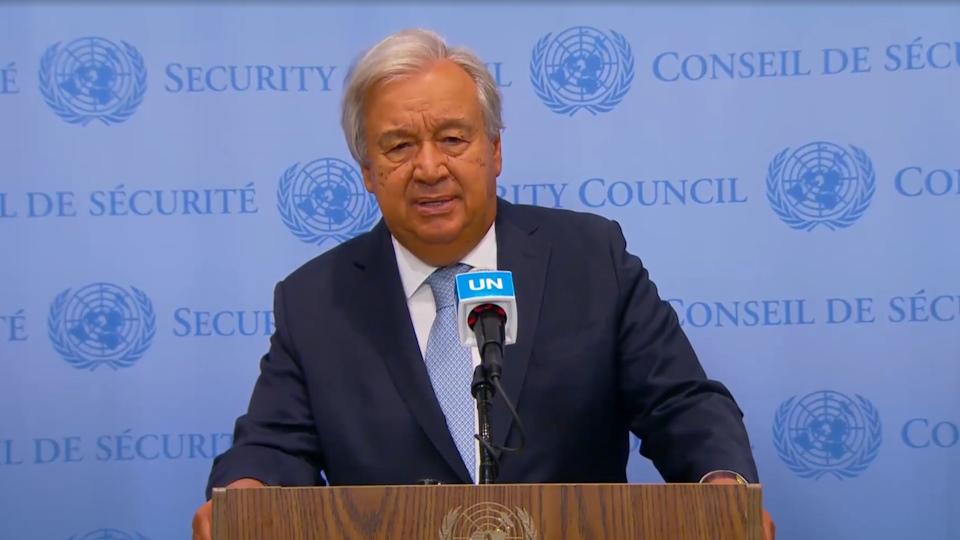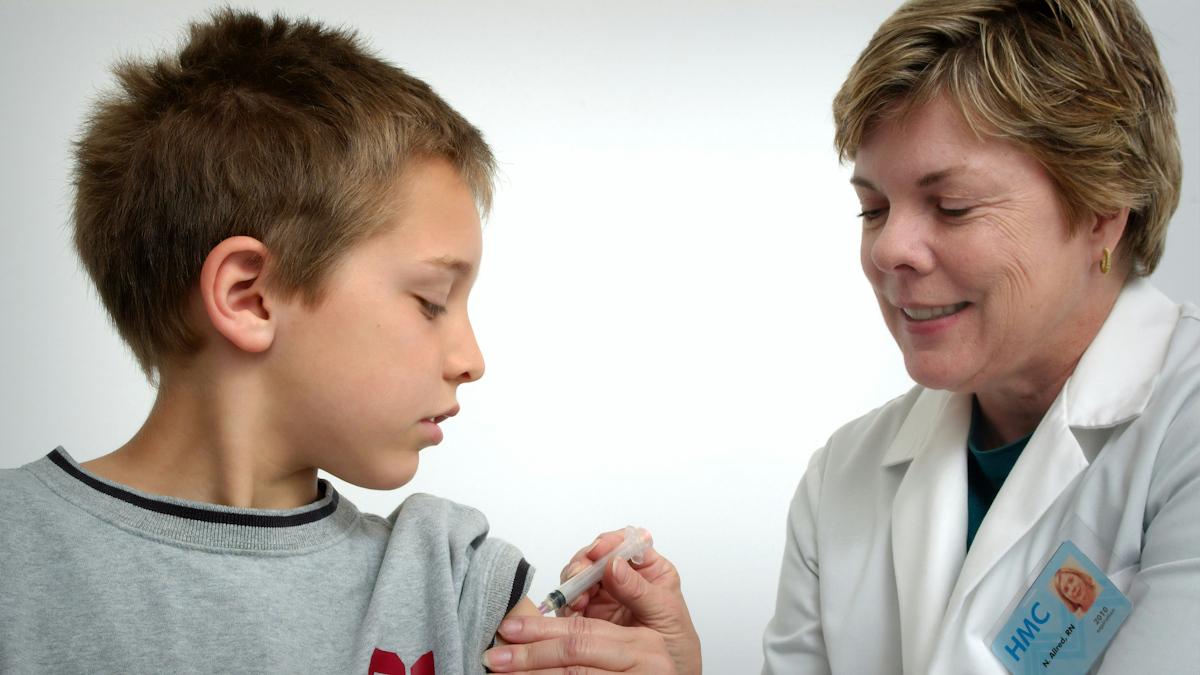NGOs plead for Gaza ceasefire for polio vaccinations

UN Secretary-General António Guterres
The UN, WHO, and UNICEF have all called for a "polio pause" to the hostilities in the Gaza Strip to allow hundreds of thousands of children to be vaccinated against the virus.
The call comes after polio was detected in environmental samples from Khan Younis and Deir al-Balah last month and after three children in Gaza have been found with suspected acute flaccid paralysis (AFP), a common symptom of polio.
The WHO said that two rounds of polio vaccination are scheduled for the end of this month and early September to try to prevent the spread of circulating variant type 2 poliovirus (cVDPV2), which has also been reported recently in other countries, including Indonesia, and currently accounts for most cases globally.
UN Secretary-General António Guterres said he is "appealing to all parties to provide concrete assurances right away, guaranteeing humanitarian pauses for the campaign," at a press conference on Friday.
"Let's be clear: the ultimate vaccine for polio is peace and an immediate humanitarian ceasefire," he added. "But in any case, a 'polio pause' is a must."
Despite strenuous efforts to eradicate polio, it can quickly re-emerge as a result of factors like poor sanitation and under-vaccination, an inevitability given the wholesale degrading of infrastructure in Gaza since hostilities spilled over into open war last October.
US Secretary of State Antony Blinken – who is visiting Israel today to push for a ceasefire and hostage release deal – said today that now is "the best [and] maybe the last opportunity" to get an agreement, although media reports suggest there is still a gulf between the two sides.
In a joint statement, the WHO and UNICEF said there must be a seven-day ceasefire to allow the 1.6 million oral polio vaccine (nOPV2) doses to be administered to more than 640,000 children under 10 years of age in Gaza.
The programme will be run by the Palestinian Ministry of Health in collaboration with WHO, UNICEF, and the United Nations Relief and Works Agency for Palestine Refugees (UNRWA).
"The deliveries of the vaccines and the cold chain equipment are expected to transit through Ben Gurion Airport before arriving in the Gaza Strip by the end of August," said the non-governmental organisations (NGOs).
"It is essential that the transport of the vaccines and cold chain is facilitated at every step of the journey to ensure their timely reception, clearance, and ultimately delivery in time for the campaign," they added.
"At least 95% vaccination coverage during each round of the campaign is needed to prevent the spread of polio and reduce the risk of its re-emergence, given the severely disrupted health, water, and sanitation systems in the Gaza Strip."
The region has been polio-free for 25 years, but routine vaccination coverage for children dropped from 99% in 2022 to less than 90% in the first quarter of 2024, said the WHO, and that has also raised the risk of other diseases such as measles, diarrhoea, acute respiratory infections, hepatitis A, and skin diseases.
Polio is highly infectious, entering the body through the mouth and multiplying in the gastrointestinal tract before invading the central nervous system. Up to 90% of those infected experience no or mild symptoms but, in some cases, it leads to paralysis, usually of the legs, which is generally permanent.
Of those paralysed, 5%-10% die when their breathing muscles become immobilised.












